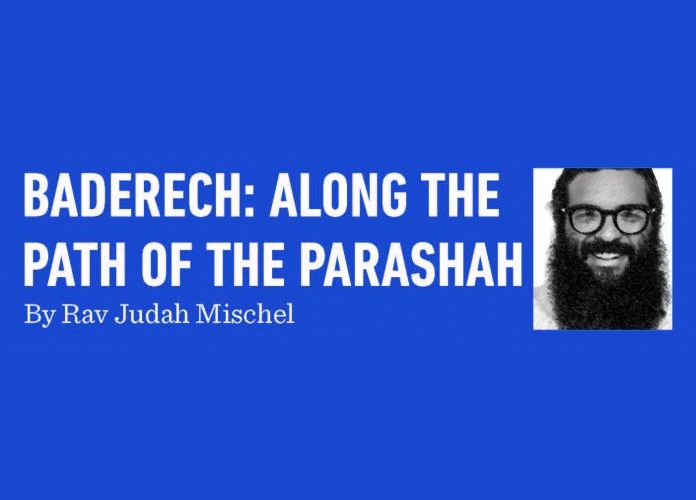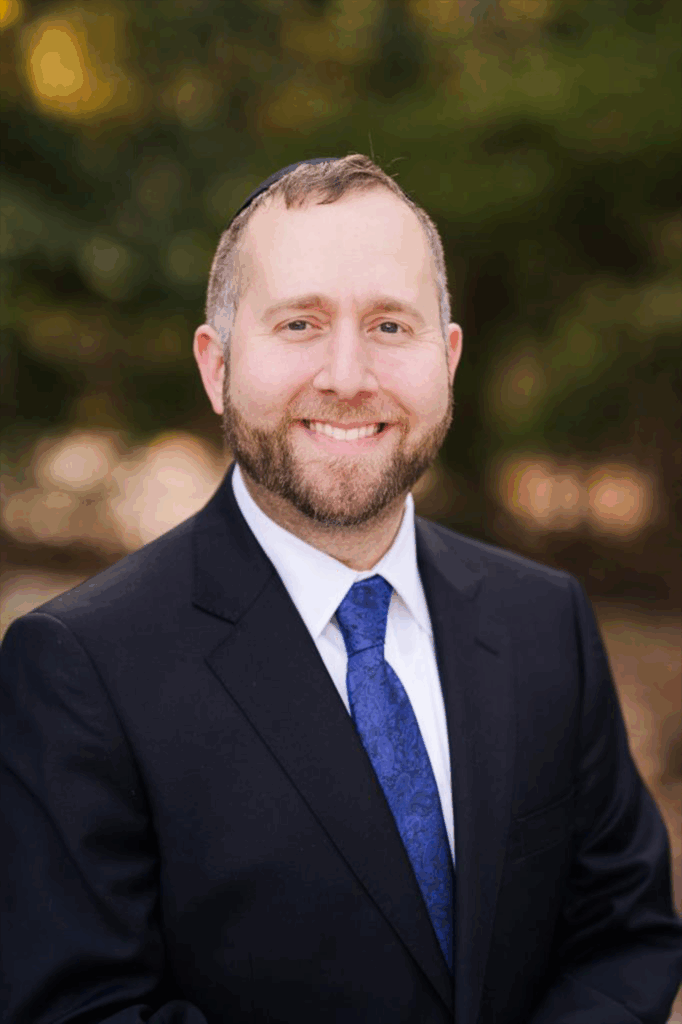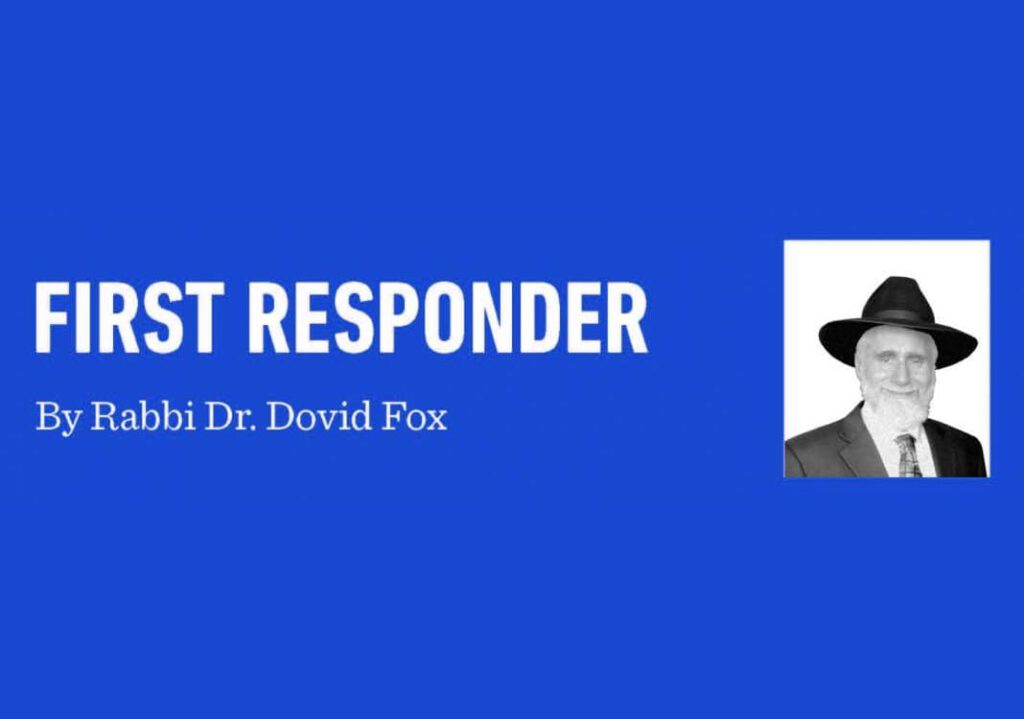Mutual Dedication
Rav Chaim of Volozhin was one of the important contributors to the development of Jewish thought and Torah study at the turn of the nineteenth century. One of the primary talmidim and progenitors of the Vilna Gaon, Rav Chaim transmitted the sacred mesorah to generations of students. He founded the great yeshiva of Volozhin, renowned as the Eim haYeshivos, “the Mother of All Yeshivos,” where engagement in the analytical methodology of the Gr’a awakened a revolution in Torah study. Known for his classic and groundbreaking sefer,Nefesh haChayim, Rav Chaim cemented the intellectual and spiritual path of his rebbe, the Vilna Gaon.
During the confusing and tense period of “the Enlightenment” of the eighteenth century, when countless Jews were drawn away from their faith and practice, Rav Chaim was asked if those who leave the fold and become “maskilim” ought to be excommunicated. The sage replied by citing three consecutive pesukim in our sidrah: one instructing us to be holy, the next to respect our parents, and the third pasuk, forbidding us to turn to other “gods” in idolatry. Each of the pesukim ends with, “I am Hashem your G-d” (19:2-4).
Rav Chaim explained: “These pesukim are an allusion to three kinds of Jews. There are those among us who aspire to keep all of Torah and mitzvos with our whole heart and to the letter of the law. To these who have an understanding of the need to actualize our covenant with the Ribbono shel Olam, the Torah demands, ‘Dedicate every aspect of your life to kedushah—for I, Hashem your G-d, am Kadosh.’
“To the second group, Jews who keep mitzvos out of a sense of basic connection to their ancestors and their religious identity but are not particularly careful with all of the ins and outs of spiritual life, Hashem says, ‘Each of you shall revere your mother and your father and keep My sabbaths: I, Hashem, am your G-d.’ This means you are called to observe Shabbos in the same way that you respect and fear your parents—for Hashem is your G-d.’
“And finally, there is a third group of Jews, those who do not actively keep mitzvos, and consider themselves to be ‘enlightened’ and free of these obligations. To them, the Torah says, ‘Do not turn your thoughts toward worshiping idols, in order that you not come to believe in them and make them molten deities for yourselves.’ To these maskilim we say, ‘Whatever it is that you are doing or not doing, at least do not convert to another religion; please just remain a Yid—for Hashem is your G-d!’”
nnn
One of the great teachers of Torah at RIETS and the rosh yeshiva of Brisk-Chicago, Rav Ahron Soloveichik, zt’l, notes that our sidrah begins with the general commandment of “You shall be holy, ki kadosh Ani, because I am holy.” But this mitzvah is followed by a series of commandments dealing with paying workers on time, brotherly love, fair treatment of strangers, as if to say, “Because this is the way in which I, G-d, am Holy—belong to Me by doing what I do.”
What is kedushah? Kedushah means belonging to something or someone. Hekdesh, from the word kedushah, is something that has been given to G-d, sanctified to G-d—it belongs to G-d. A Jew is kadosh when he or she is overwhelmed by the feeling of belonging to G-d.
Yet, kedushah cannot be attained by “belonging to G-d” in a vacuum or by isolating oneself from the world. Kedushah can be obtained only by mingling with people and fulfilling the social and humanitarian obligations that are enumerated in the parashah of Kedoshim: extending gifts to the poor, paying workers on time, showing brotherly love and remaining committed to ethical interpersonal behavior, and so on. (Logic of the Heart, Logic of the Mind, p.150)
Parashas Kedoshim calls us to access, activate, and dedicate ourselves to a life of Torah, mitzvos, ethics, and active ahavas Yisrael—to the full extent of our current ability. And on whatever rung of commitment we may find ourselves, Hashem is right there for us, warmly meeting us and introducing Himself, “I am Hashem your G-d,” encouraging us to stretch ourselves and grow further. The more we respond with added dedication, the more our sense of peoplehood and identity with holiness will expand, and the more we will understand Hashem’s own ahavas Yisrael and dedication to every one of us: “I am always here for you—I am forever your Holy One, and you, Am Yisrael, are forever My holy people!”
Rav Judah Mischel is executive director of Camp HASC, the Hebrew Academy for Special Children. He is the founder of Tzama Nafshi and the author of the “Baderech” series. Rav Judah lives in Ramat Beit Shemesh with his wife Ora and their family.














